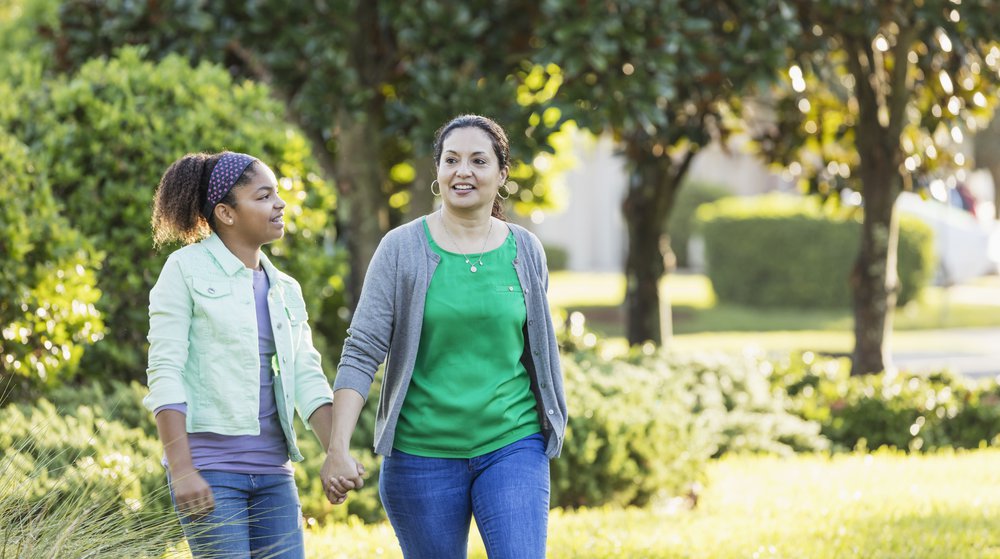The unsung heroes in fostering: Five ways friends and family support fostering families

If you’re thinking of fostering, you may wonder what role friends and family play within the household. Are they able to step in and get involved with the children? What does this support look like?
We talked to some of our foster carers to ask what support they’d received from friends and family. Here are five ways friends and family are making a difference to our fostering families right now.
Foster carers said that having someone they can rely on at short notice is essential. If life throws up an emergency or an unplanned event, having someone to rely on made them feel more at ease.
You can still go out for dinner and you can still do things you love. Having support around you makes all that happen
Rhonda
Our foster carer Rhonda expands on this. She really wants people thinking of fostering to know how important a support network is.
She said, “I think it's key for foster carers to understand that you can still live a normal life. You can still go out for dinner and you can still do things you love. Having support around you makes all that happen.”

Our foster carers do everything they can to help children feel part of the family. When friends and family also get involved, it’s a chance to build new friendships for the child. The more positive role models a child has, the greater the impact on their self-esteem and their own sense of identity.
Bonnie, a carer in one of our short break’s disability services has experienced this:
“My nieces aged six and two, love to mix with our young person, she really likes to mother them.”
Our carers tell us that family and friends being there for them was one of the things they valued the most. This could be a reassuring ear on the end of the phone after a difficult day. Some carers have even received a home cooked meal dropped to their doorstep.

Many of the younger adults in our fostering families say they get involved by taking children out for the day.
It’s like coming to a family house because they already know us.
Lauren
Lauren is one of our backup foster carers, which means she’s able to care for her mum’s foster children on her own. She shares her thoughts on providing breaks for her mum’s children:
“We like the fact that when they’re having breaks, the children can come to our house. It’s like coming to a family house because they already know us.”
Back-up carers put ‘family’ into fostering. It's something our foster carers appreciate most of all, and so do we.

Lauren grew up in a fostering household.
For lots of children, homework can be a struggle. When a friend stepped in to help both Sarah and her foster child, she was incredibly grateful.
“I would make dinner whilst a friend of mine helped our young person with their homework. It made a nice break for the young person to have someone other than me supporting them. My friend is younger than me, so more familiar with the subject – maths is so different now to when I was at school!”

Like Sarah and her friend, one person’s weakness could be another’s strength. Family and friends provide a vital pillar of support during times of need. Building a support network around you is a key part of fostering. It also allows some you time for yourself, too.
For these reasons and many more, friends and family are a reliable lifeline to our foster carers. They make a difference to vulnerable children by being available, reliable, and because they care.
If you’re thinking of fostering and have questions about your own support network, talk to us.



